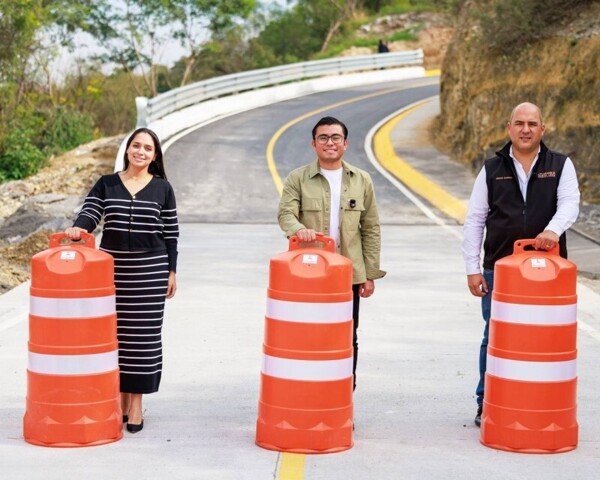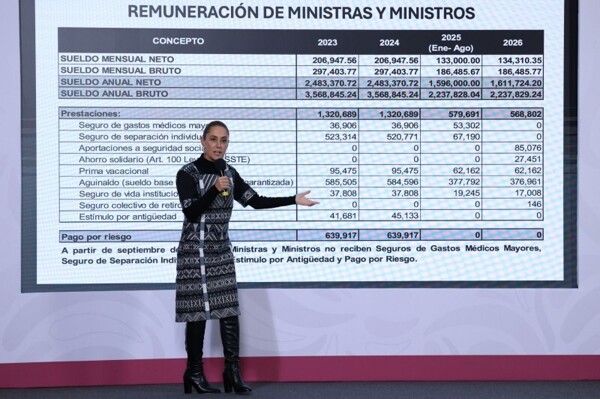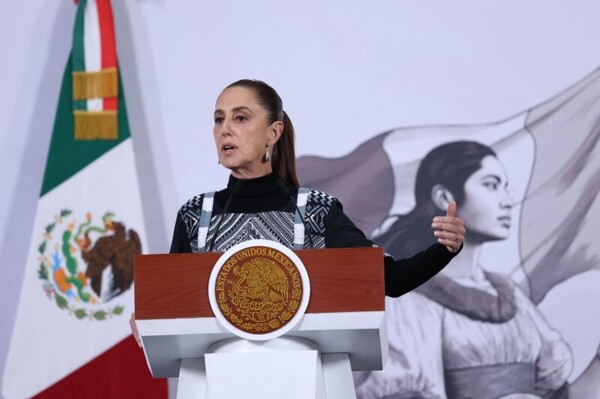
During the past weekend, three protest events took place in the Zócalo of Mexico City. The National Coordinator of Education Workers (CNTE) mobilized on Friday to protest against the reform of the ISSSTE Law. On Saturday, in commemoration of International Women's Day, women from various cities in Mexico gathered to highlight the female struggle. Finally, on Sunday, what was planned as a protest rally against the tariffs imposed on products exported to the United States turned into a music festival that failed to meet its original purpose and generated unnecessary expenses for the public treasury by admitting thousands of participants transported from other states.
In a country where demonstrations vary in their focus and purpose, some groups like the CNTE use these instances to pressure different levels of government to gain economic benefits or strengthen political positions. On the other hand, the feminist movement of 8M flooded the streets of Mexico City to protest against femicides, missing women, and to demand more decisive actions from President Sheinbaum in favor of gender equity, as expressed with the slogan "Hey, Claudia, we didn't all arrive."
The feminist struggle continues to be relevant and effective, even though a woman holds the presidency and claims to have included everyone in her government, as reality shows that many women who have fought for years for equality and against gender violence have been marginalized. The alarming figures of femicides and disappearances contradict the official discourse and highlight the need to generate concrete and effective actions to protect women in Mexico.
An impactful fact is that 75% of femicide victims in the country leave children in a state of orphanhood, leaving grandmothers responsible for their care. The widespread slogans against machismo are a wake-up call to the current government, reminding it that there is still much to be done regarding gender equity and protection for women.
The mobilizations and political events held in the Zócalo highlighted the role that demonstrations play in the national political scene, as well as the importance of effectively addressing the problems and demands of society. In a context of diplomatic tensions and governmental challenges, it is essential to prioritize dialogue and seek concrete solutions for the challenges that Mexico faces in various areas, from drug trafficking to gender equity.














